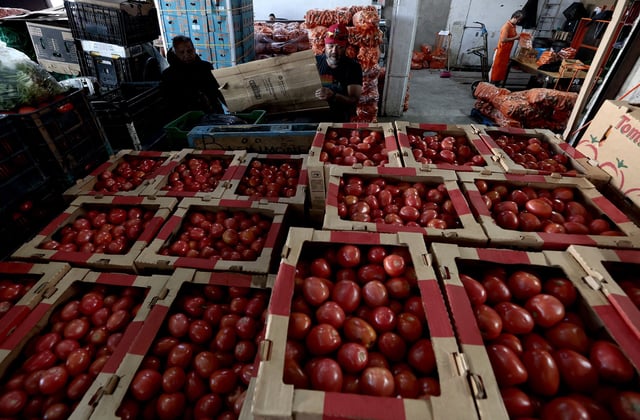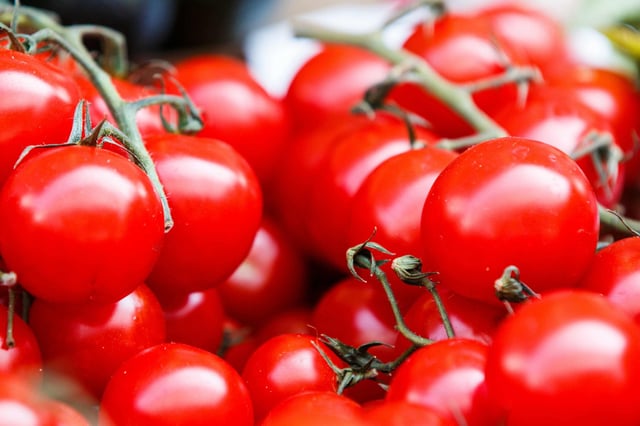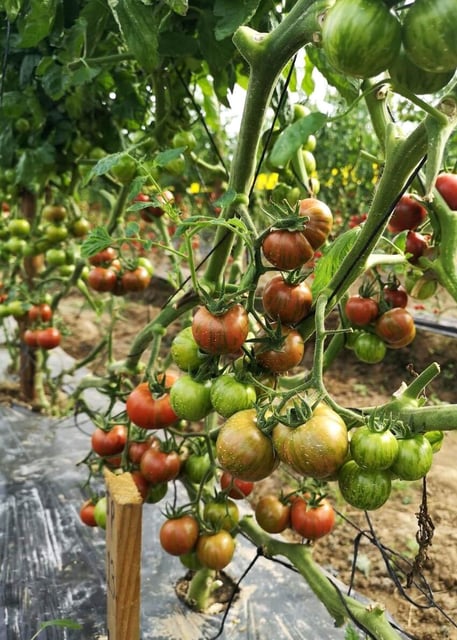Overview
- The Commerce Department withdrew from the 1996 Tomato Suspension Agreement in April, triggering 20.9 percent duties on most Mexican tomato imports starting July 14.
- Consumer tomato prices could climb about 10 percent, with demand projected to fall 5 percent, according to agribusiness experts at Arizona State University.
- Mexican producers—who supplied nearly 70 percent of U.S. tomato imports before the tariffs—reject allegations of dumping and call the move politically motivated.
- Small businesses like Teresa Razo’s Southern California restaurants warn they may need to raise menu prices or face bankruptcy if tomato costs rise.
- Greenhouse growers caution that upfront tariffs and bonding requirements will erode capital for expansion and slow innovation in controlled environment agriculture.



